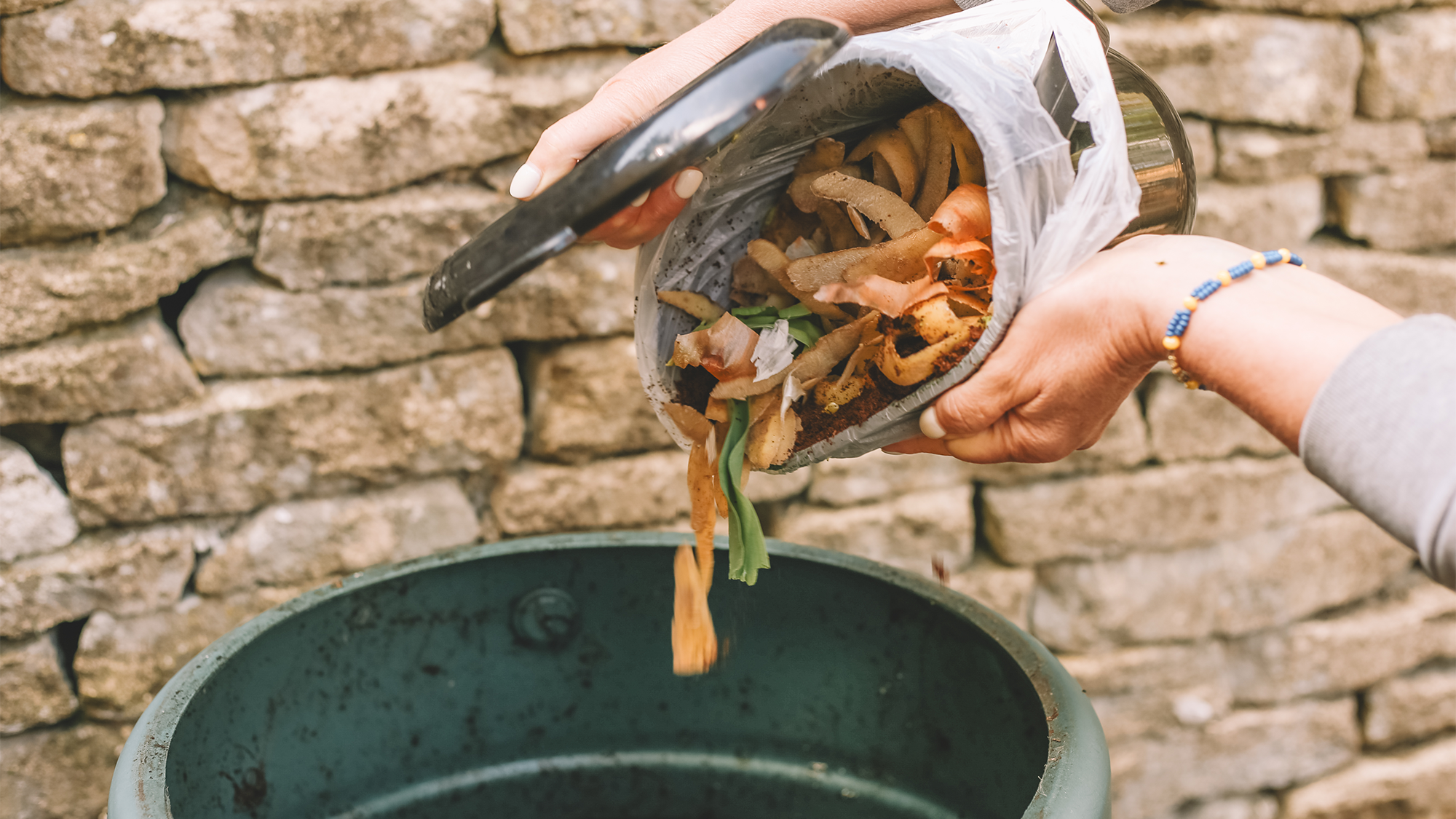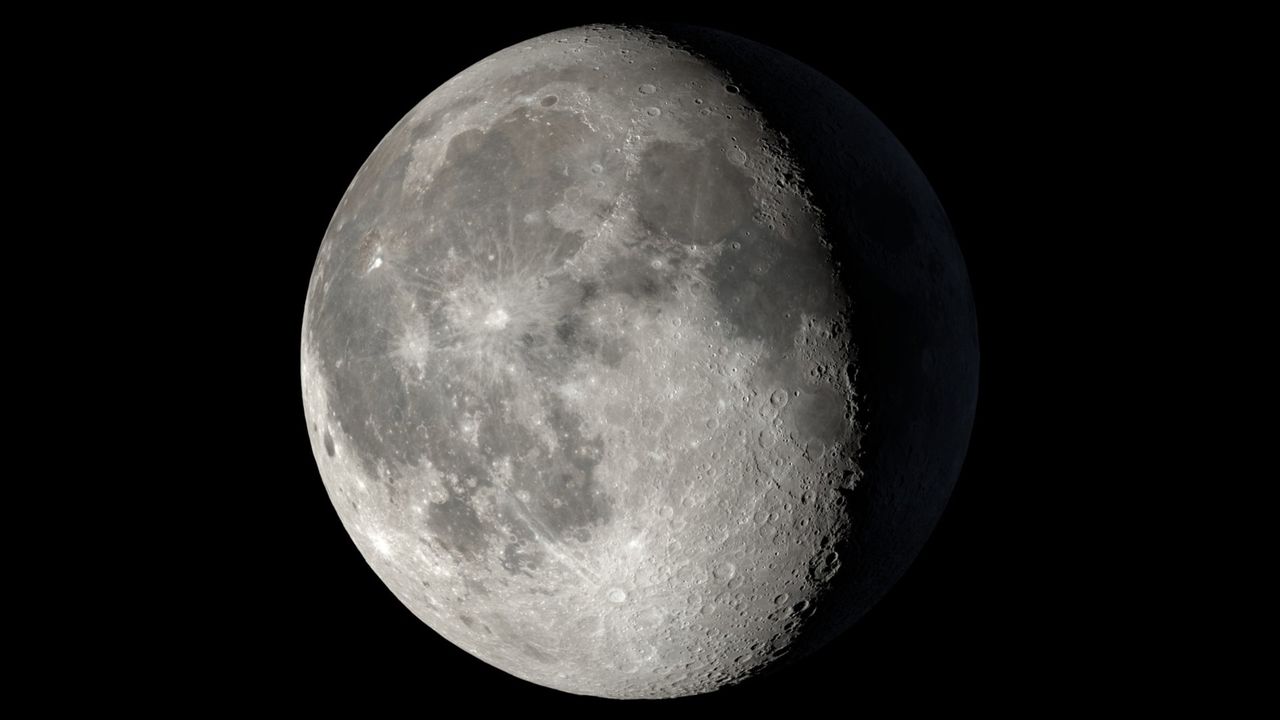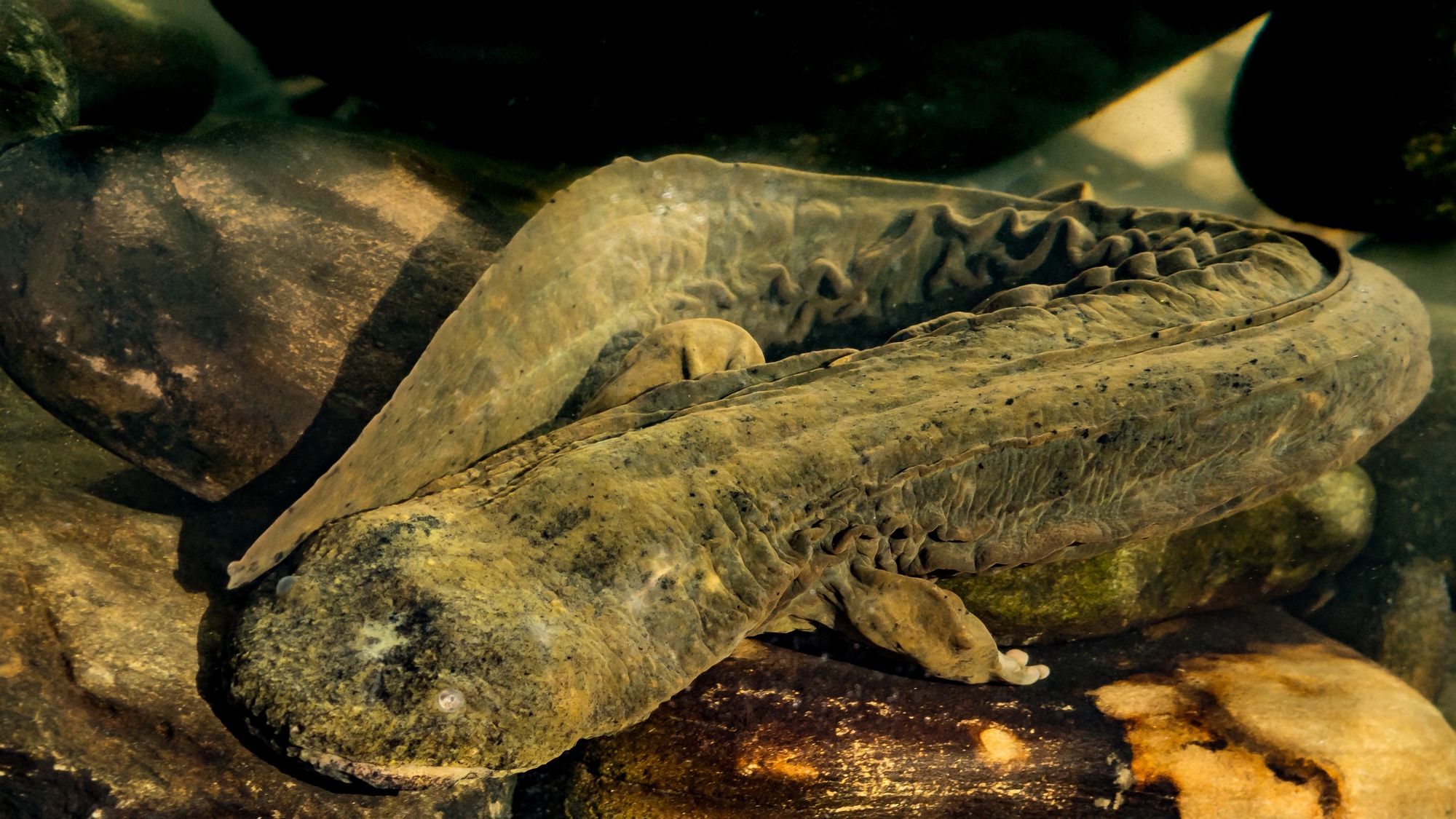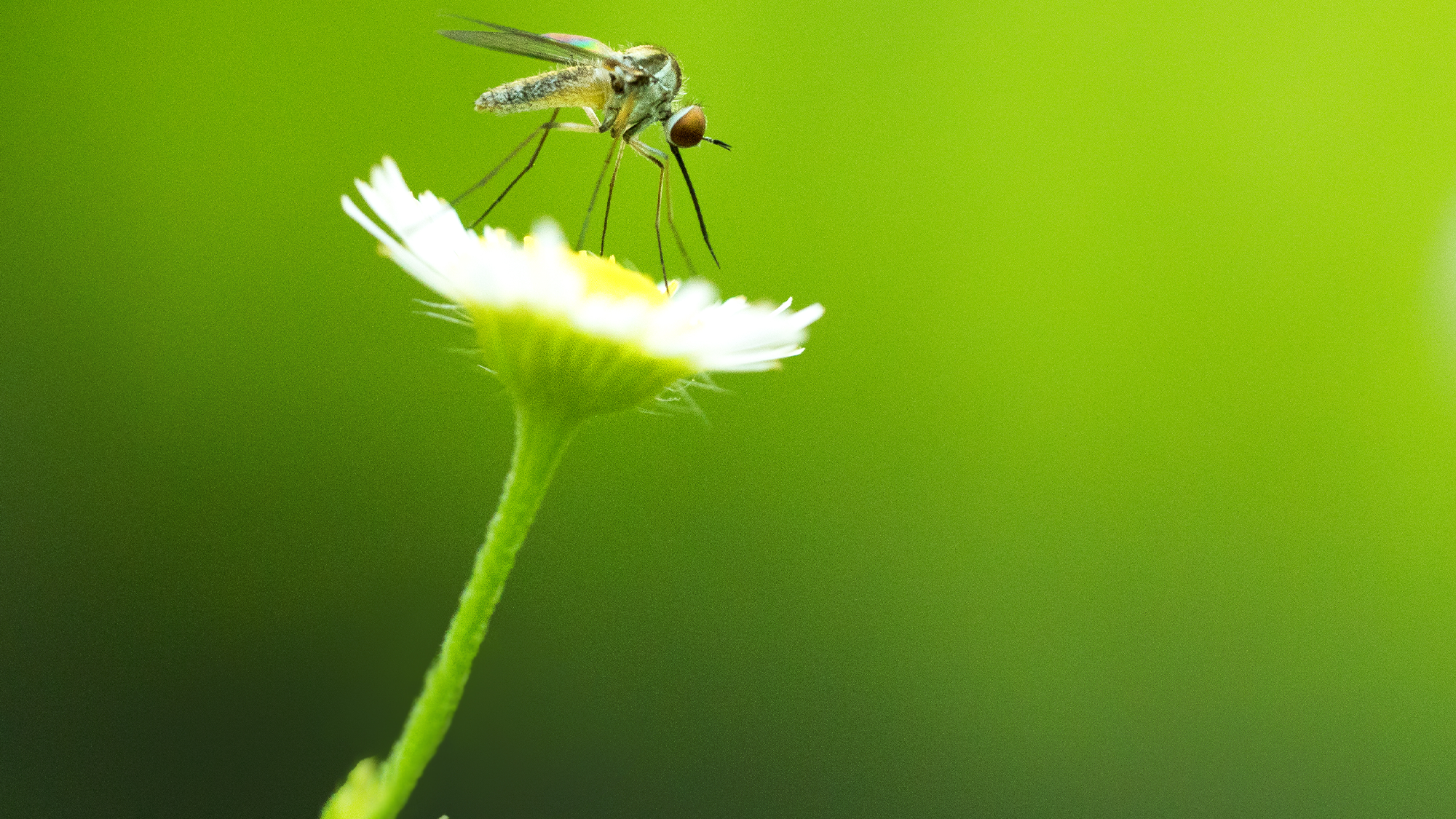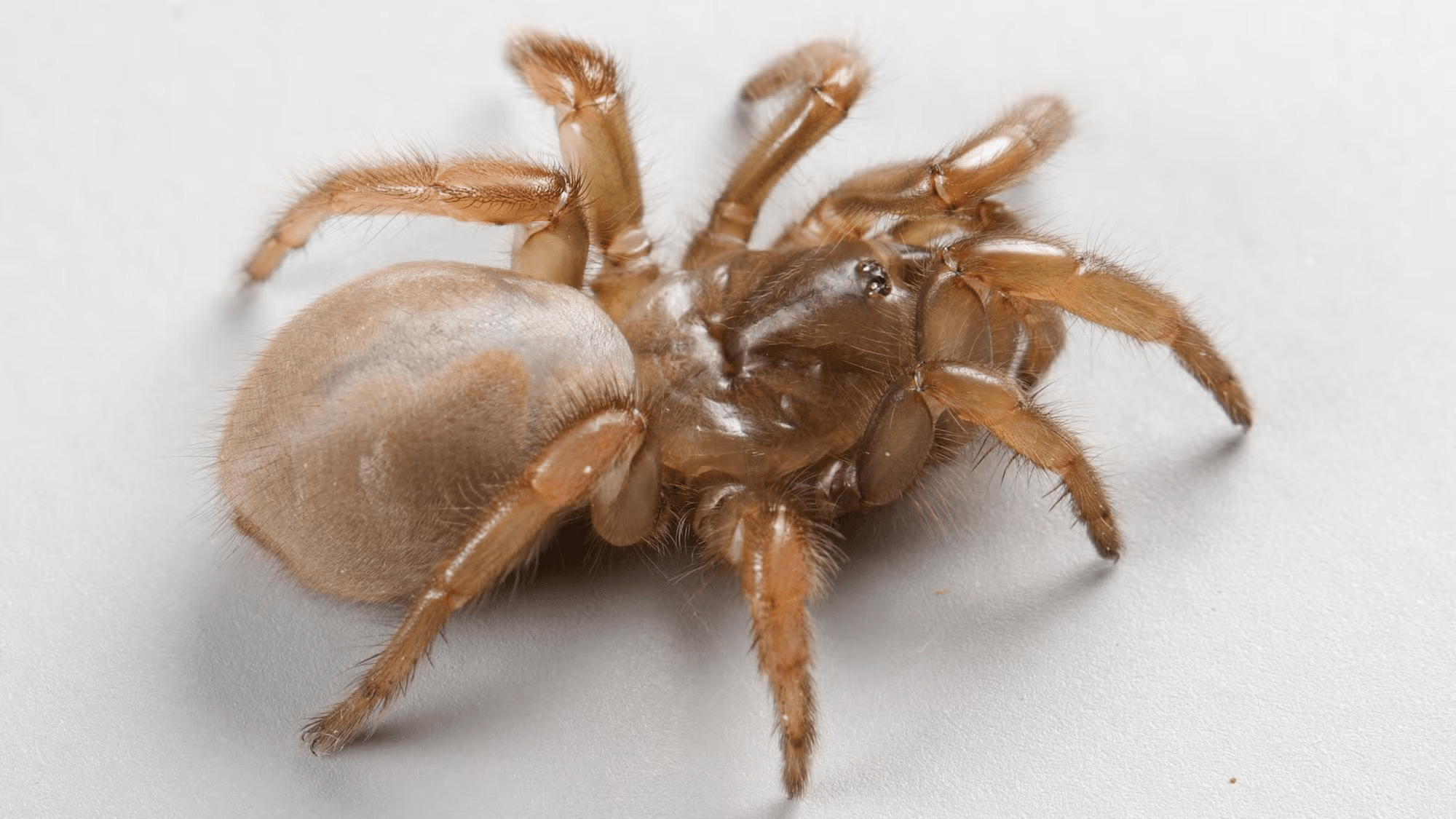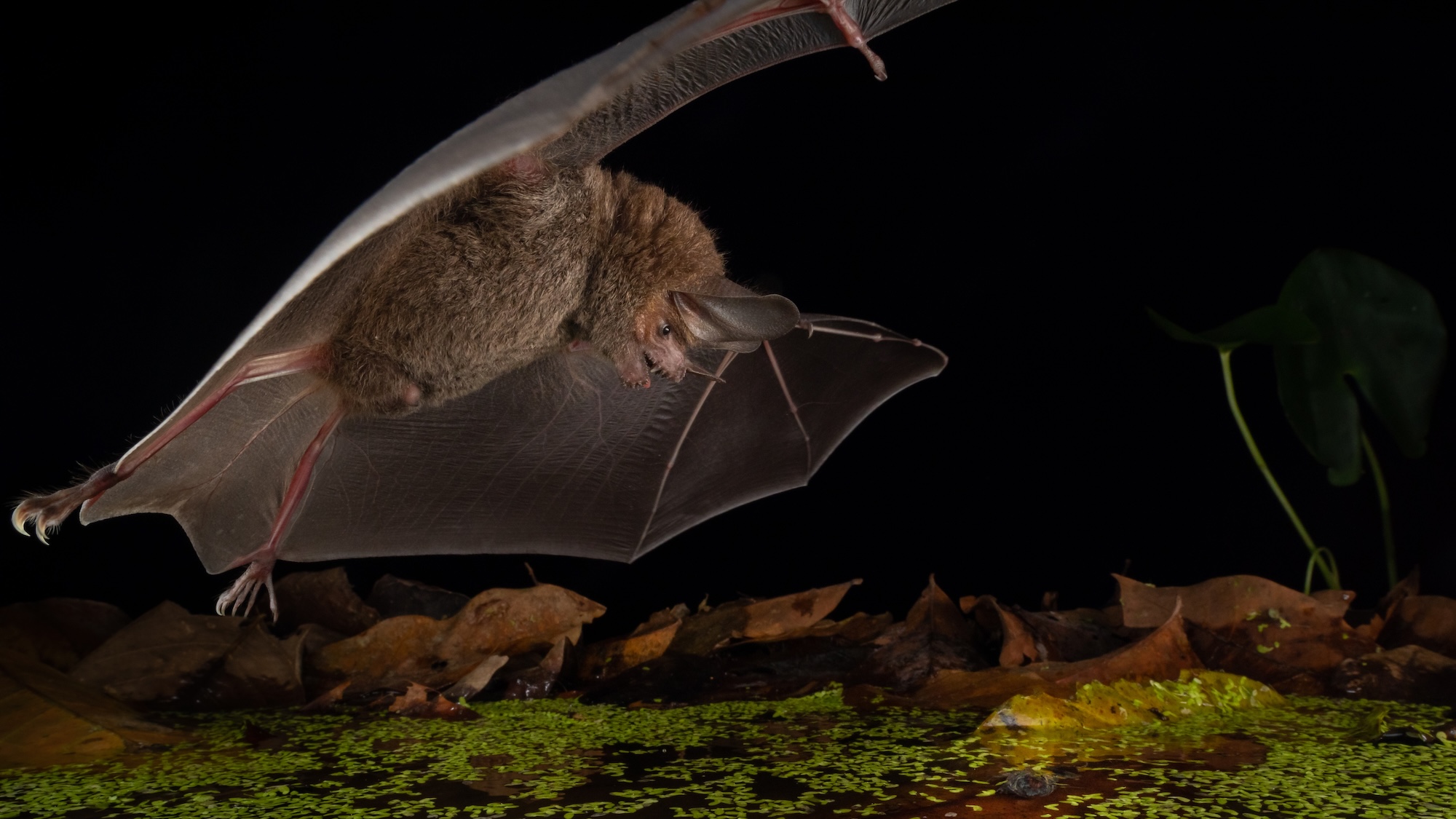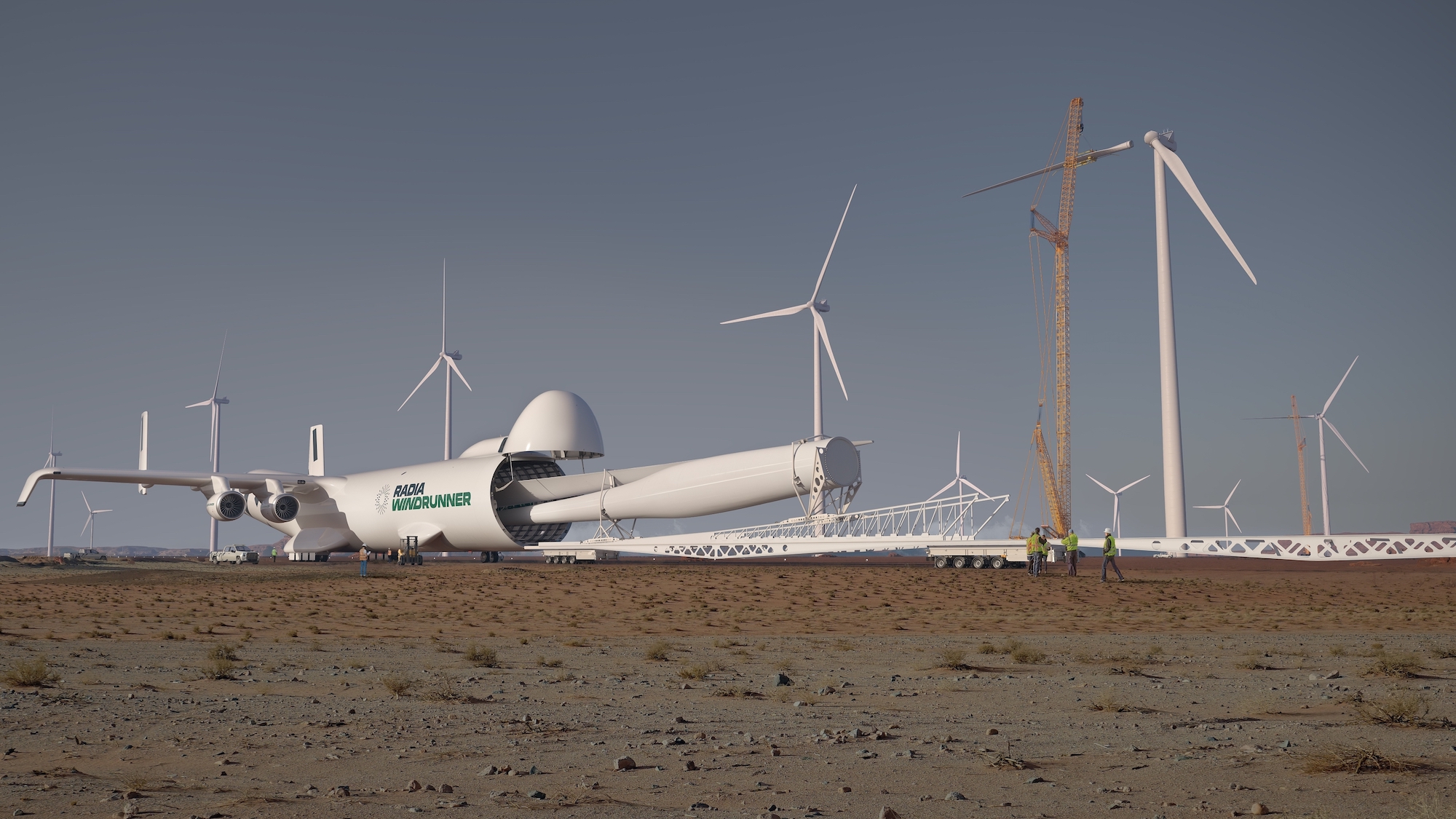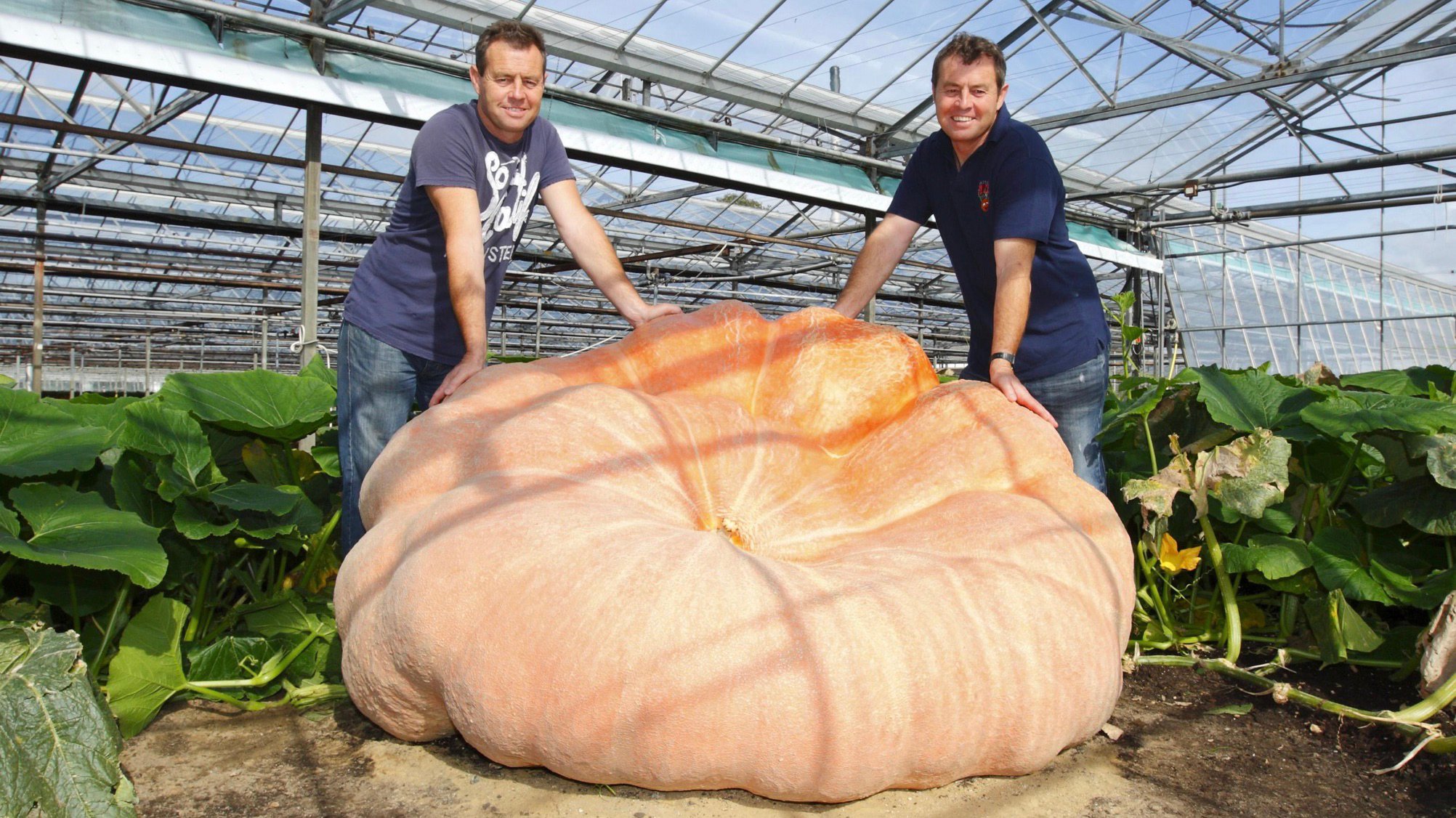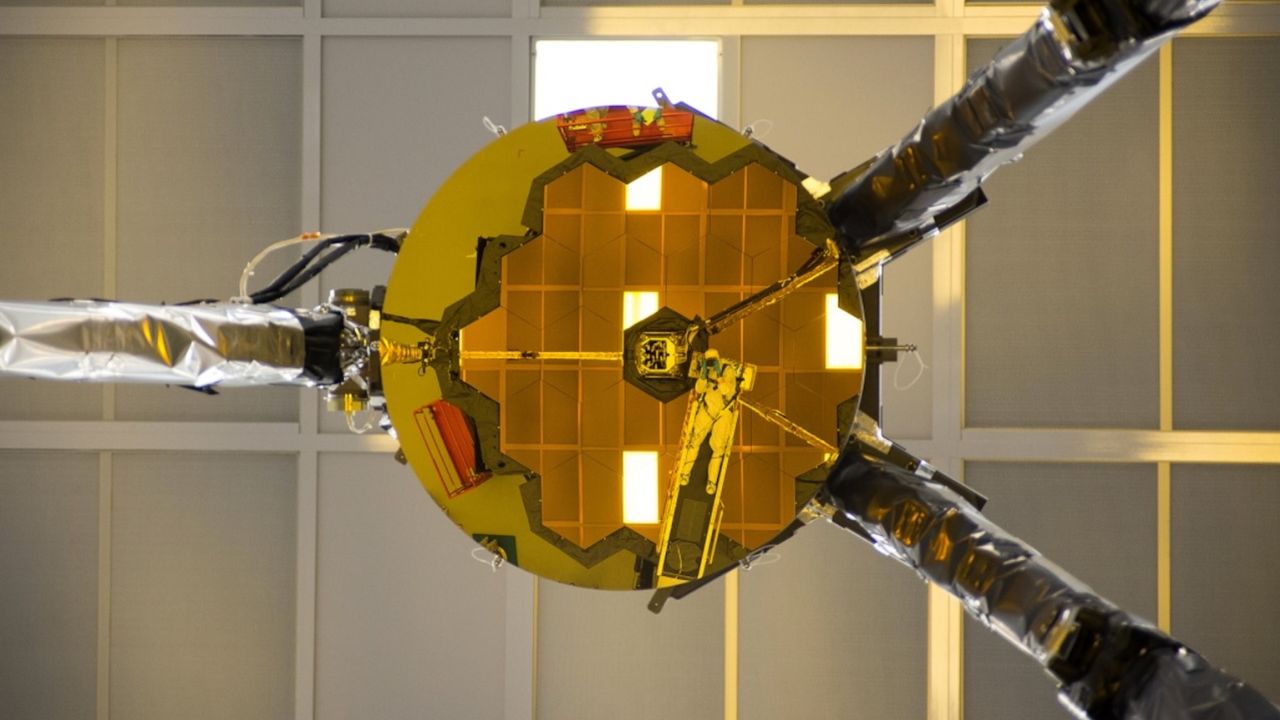In 1925, seven students went 60 hours without sleep—for science
NeutralScience

In 1925, a group of seven students undertook a remarkable experiment, staying awake for 60 hours to challenge the notion that sleep is essential. This study aimed to explore the effects of prolonged wakefulness and contributed to the ongoing conversation about the importance of sleep in our lives. Understanding sleep's role is crucial as it impacts our health, productivity, and overall well-being.
— Curated by the World Pulse Now AI Editorial System
